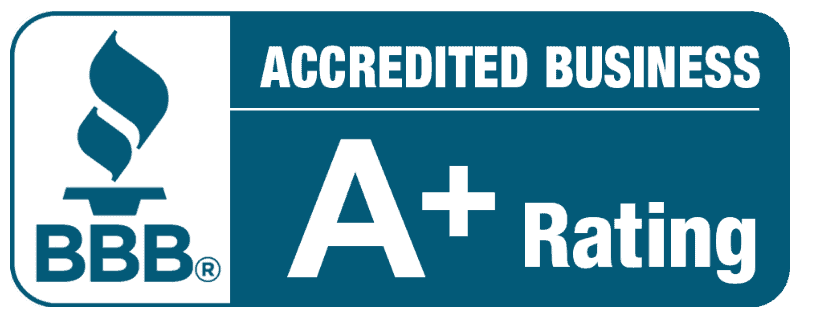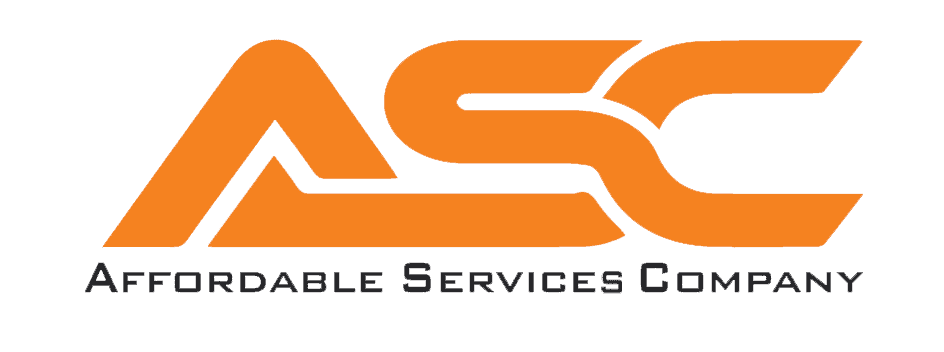When it comes to ensuring the safety and integrity of your home, selecting the right roofing contractor is paramount. With numerous companies claiming expertise, distinguishing licensed roofing contractors from the rest is crucial. This guide aims to provide homeowners with key insights and practical tips on identifying genuine, licensed roofing professionals.
Understanding the Importance of Licensing
Licensing in the roofing industry is more than just a formal requirement; it’s a testament to a contractor’s expertise and commitment to quality. To obtain a license, roofing contractors must pass rigorous examinations, accumulate hands-on experience, and demonstrate a comprehensive understanding of roofing techniques, safety standards, and building codes. This certification process ensures that licensed contractors are well-versed in both traditional and modern roofing practices, making them capable of offering durable, efficient, and safe roofing solutions. Furthermore, the licensing process includes background checks and verification of ethical business practices, reinforcing the trustworthiness and professionalism of the contractor.Maintaining a roofing license requires contractors to keep up-to-date with the latest advancements in roofing technology and evolving building regulations. This ongoing education ensures that licensed contractors remain at the forefront of the industry, offering the most current and compliant solutions to their clients. For homeowners, choosing a licensed contractor means entrusting their roofing projects to individuals who have consistently proven their skill, integrity, and dedication to upholding high industry standards. In essence, a licensed roofing contractor not only brings expertise to the table but also offers peace of mind, knowing that the project is in capable and legally compliant hands.
Identifying Licensed Roofing Contractors
When it comes to ensuring that you’re hiring a licensed roofing contractor, thorough research and a proactive approach are key. Here’s how to go about it:
Research and Verification
The first step is to conduct in-depth research on potential contractors. Start by exploring their official websites, where they often display their licensing information, certifications, and affiliations with professional organizations. This information can serve as a primary indicator of their legitimacy. However, don’t just take their word for it. Once you have the license number, make it a point to verify it with your local licensing board or relevant regulatory authority. This verification process is crucial as it confirms that the contractor’s license is not only valid but also current, and that they are legally authorized to perform roofing work in your area.In addition to checking licenses, delve into the contractor’s background and experience. Look for information about their history in the business, the types of roofing projects they specialize in, and any awards or recognitions they may have received.
Referrals and Reviews
Word-of-mouth referrals are an invaluable resource. Talk to friends, family, neighbors, or colleagues who have recently had roofing work done. Their experiences can provide you with honest insights about the quality of work and customer service provided by specific contractors. Personal recommendations often lead to finding reliable and competent professionals.Moreover, online reviews and ratings are powerful tools for evaluating a contractor’s reputation. Websites like the Better Business Bureau (BBB), Yelp, and Google Reviews offer a platform for past clients to share their experiences. Pay attention to both positive and negative reviews, and notice how the contractors respond to complaints. This can give you a sense of their professionalism and commitment to customer satisfaction. Remember, identifying a licensed roofing contractor involves a combination of thorough research, verification, and listening to the experiences of others. By taking these steps, you can ensure that you’re choosing a professional who is not only legally compliant but also respected in their field for quality workmanship and ethical business practices.
The Red Flags to Watch Out For
No Proof of Licensing: Be wary of contractors who cannot provide a valid license number or dodge questions about their licensing status.Unusually Low Quotes: Extremely low bids can be a sign of a lack of licensing or experience. Remember, quality work comes at a fair price.High-Pressure Sales Tactics: Legitimate roofing contractors will not pressure you into making immediate decisions or signing contracts.
Experience: Inquire about the contractor’s years in the business and the types of roofing projects they’ve handled. This helps gauge their level of expertise and familiarity with projects similar to yours.Specific Licensing: Request details about their licensing. Ensure it is specific to roofing and ask for the license number to verify its validity with your local licensing board.Insurance Coverage: Confirm that the contractor has comprehensive insurance coverage, including liability insurance and worker’s compensation. This protects you from any liability in case of accidents during the project.References from Previous Projects: Ask for references or a portfolio of past projects. Contacting previous clients or reviewing past work can provide insights into the contractor’s quality of work and reliability.
Licensed roofing contractors are typically required to be both insured and bonded, providing a dual layer of protection for homeowners. Insurance, including liability and worker’s compensation, is essential as it protects both the homeowner and the workers. Liability insurance covers any damage to your property or injuries to third parties caused by the roofing work, whereas worker’s compensation ensures that any injuries to the workers on your property are covered, absolving you from potential liability. Bonding, on the other hand, serves as a financial guarantee that the contractor will complete the project as agreed. It provides a safety net for homeowners, offering recourse in the event of unfinished work or breach of contract. This bonding is especially important in large-scale or high-value roofing projects, where the financial stakes are higher. Confirming that your roofing contractor is adequately insured and bonded is not just a precautionary measure—it’s a critical step in safeguarding your investment and ensuring a professional and secure roofing service.
Contracts and Agreements
A licensed roofing contractor will provide a detailed contract outlining the scope of work, materials to be used, timelines, payment schedules, and warranties. Ensure you understand every aspect of the contract before signing.
Post-Installation Services
Licensed contractors usually provide after-service support, including maintenance tips and addressing any post-installation concerns. This ongoing support is a hallmark of a professional, licensed contractor.Understanding the critical importance of your roofing decisions, A Affordable Roofing emerges as your premier licensed roofing contractor in Houston. We blend thorough research, extensive expertise, and a deep understanding of the significance of licensing, insurance, and warranties to provide homeowners with an unmatched sense of security and excellence in roofing services.
Opting for A Affordable Roofing means selecting a contractor who not only promises but ensures quality and durability. Our dedication to upholding the highest standards in roofing is a testament to our commitment to your peace of mind. With A Affordable Roofing, rest assured, your roofing needs are addressed with the utmost professionalism and care, safeguarding your home for years to come.







